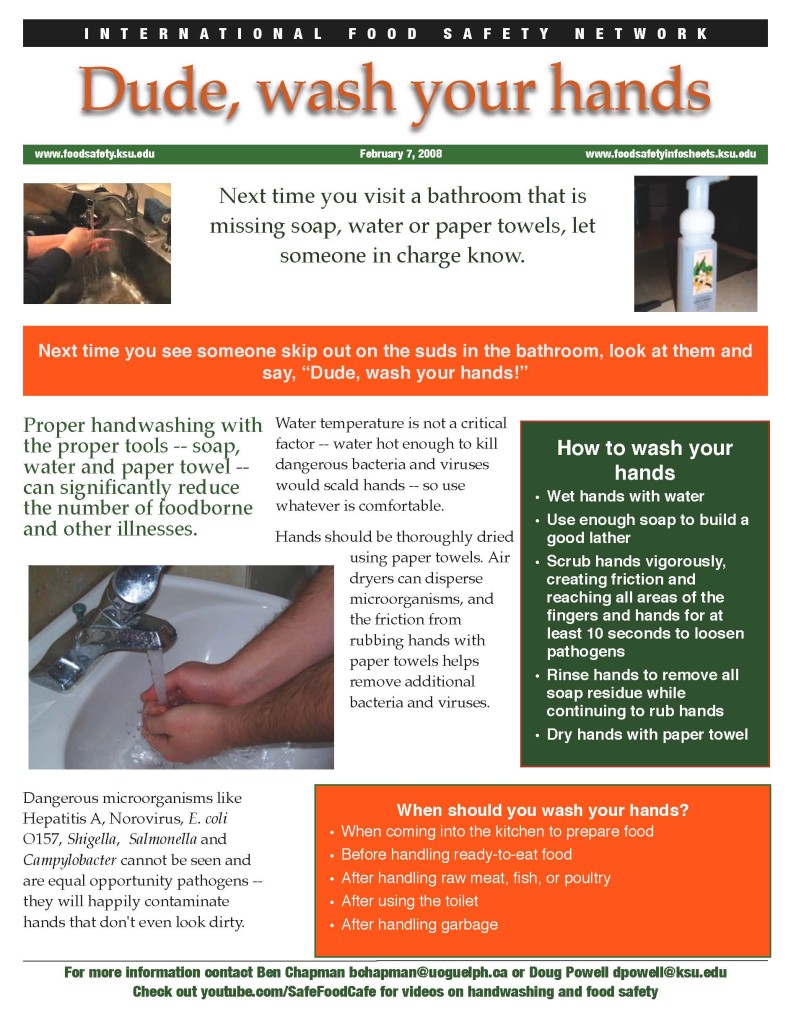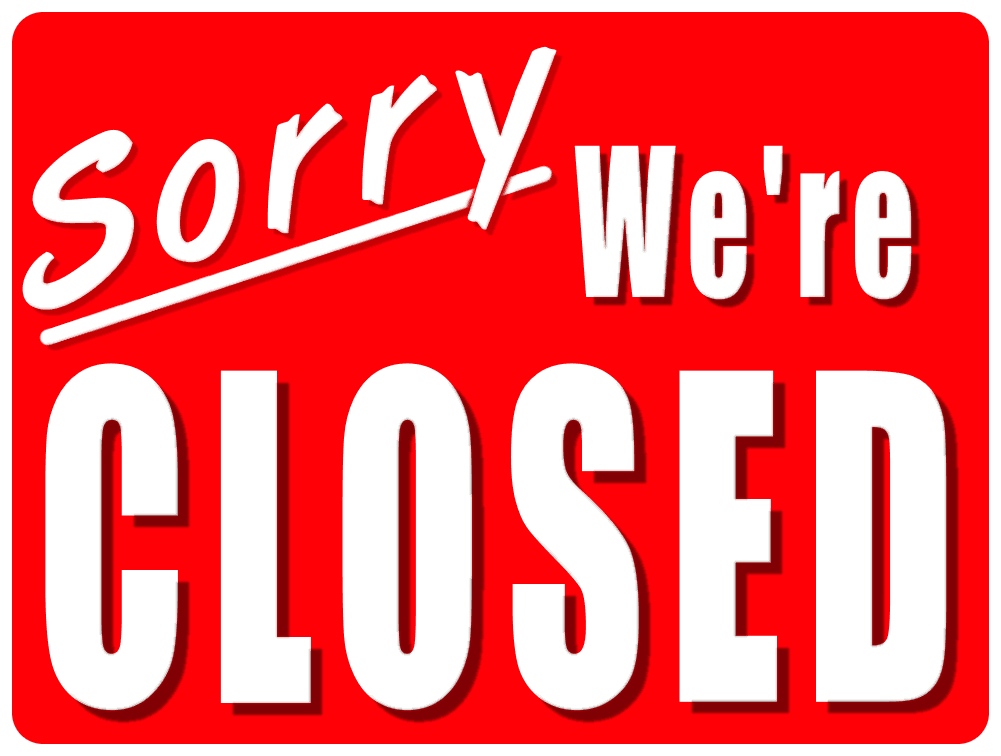Two months after a senior health official told the Canberra Times that Canberrans must not be told which of the city’s restaurants were deemed too unhygienic to serve food, because naming them would undermine the rule of law, Canberra wants to introduce a name-and-shame program for restaurant inspection disclosure.
Like Washington, D.C., the Australian Capital Territory is a unique government structure all its own. Although located within the Australian state of New South
(1).jpg) Wales, which includes Sydney, ACT and the federal capital of Canberra can apparently make its own rules – at least regarding restaurant inspection disclosure.
Wales, which includes Sydney, ACT and the federal capital of Canberra can apparently make its own rules – at least regarding restaurant inspection disclosure.
ACT Chief Minister Katy Gallagher told ABC News recommendations include forcing restaurants to display official shame notices in their windows.
"We’ve had a couple of examples where businesses have been required to close and a sign may go up saying business closed due to holiday or something like that. So we are trying to look at how we manage that. That is, if you are closed because of a food safety reason that you have to display that clearly so people can see the reason behind the closure."
Ms Gallagher says they are also considering a ‘scores on doors’ system, which she says works well overseas in Singapore and Canada.
"Restaurants get rated against an ‘A to E’ based on their food handling techniques and inspections that are done. Obviously everyone would aspire to having an ‘A’.
Can’t speak for Singapore, but that’s not quite how it works in Canada, where a mixture of colors, grades and websites are used in various counties.
Regardless, Ms Gallagher said – without talking to industry – that she expects the industry will welcome the ideas.
"It is about rewarding those that do the right thing. It is about identifying the poor performers, it’s not actually doing anything against those who are doing the right thing.”
 An Eddie Rockets diner and a Spar store were among two of the businesses told to close their doors last month by the Food Safety Authority of Ireland.
An Eddie Rockets diner and a Spar store were among two of the businesses told to close their doors last month by the Food Safety Authority of Ireland.



 are meeting hygiene regulations.
are meeting hygiene regulations..jpg) suitably trained food safety supervisors at premises. Additionally, closure notices will have to be displayed at the entrance of a food business served with a prohibition order.
suitably trained food safety supervisors at premises. Additionally, closure notices will have to be displayed at the entrance of a food business served with a prohibition order. and warm water for food handlers;?- having no means of drying hands to reduce the risk of contamination; and?- having kitchens with an accumulation of garbage, food waste, dirt or grease.
and warm water for food handlers;?- having no means of drying hands to reduce the risk of contamination; and?- having kitchens with an accumulation of garbage, food waste, dirt or grease.(1).jpg) Wales, which includes Sydney, ACT and the federal capital of Canberra can apparently make its own rules – at least regarding restaurant inspection disclosure.
Wales, which includes Sydney, ACT and the federal capital of Canberra can apparently make its own rules – at least regarding restaurant inspection disclosure. use smiley faces).
use smiley faces)..jpg) Mr al Reyaysa further noted the restaurants closed were “fraught with potential danger to the health of the consumers”, such as kitchens infested with insects, improper drainage systems and waste disposal, and mixing meat and fruits.
Mr al Reyaysa further noted the restaurants closed were “fraught with potential danger to the health of the consumers”, such as kitchens infested with insects, improper drainage systems and waste disposal, and mixing meat and fruits. This Christmas will be my first away from snowy Canada and the family. Although I’ll miss the Filion family funtivities, I will not miss the cold. Rather I’m quite looking forward to seeing kangaroos for the first time, and attempting to surf in sunny Sydney.
This Christmas will be my first away from snowy Canada and the family. Although I’ll miss the Filion family funtivities, I will not miss the cold. Rather I’m quite looking forward to seeing kangaroos for the first time, and attempting to surf in sunny Sydney. A news station in Austin, TX has used the name-and-shame approach to expose restaurants in the area that failed health inspections in 2008.
A news station in Austin, TX has used the name-and-shame approach to expose restaurants in the area that failed health inspections in 2008.